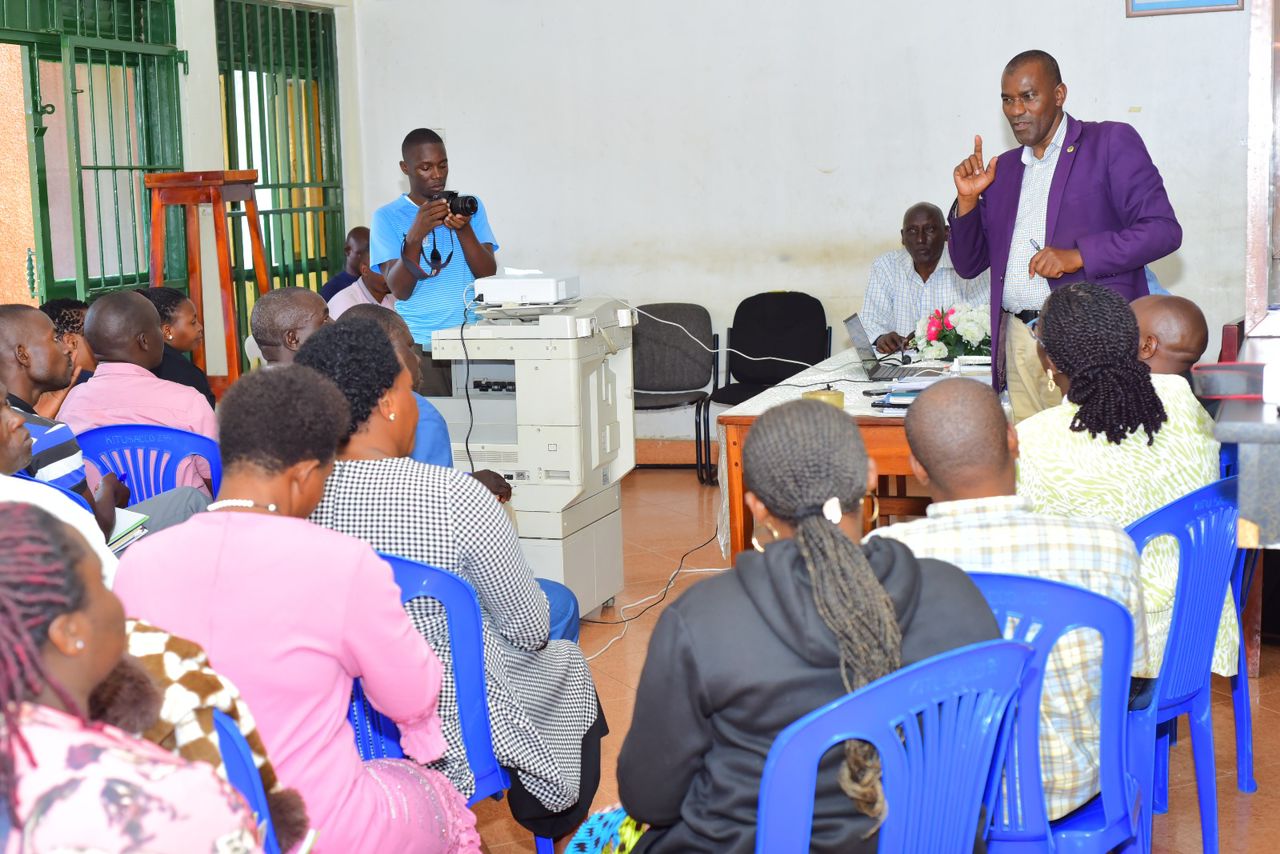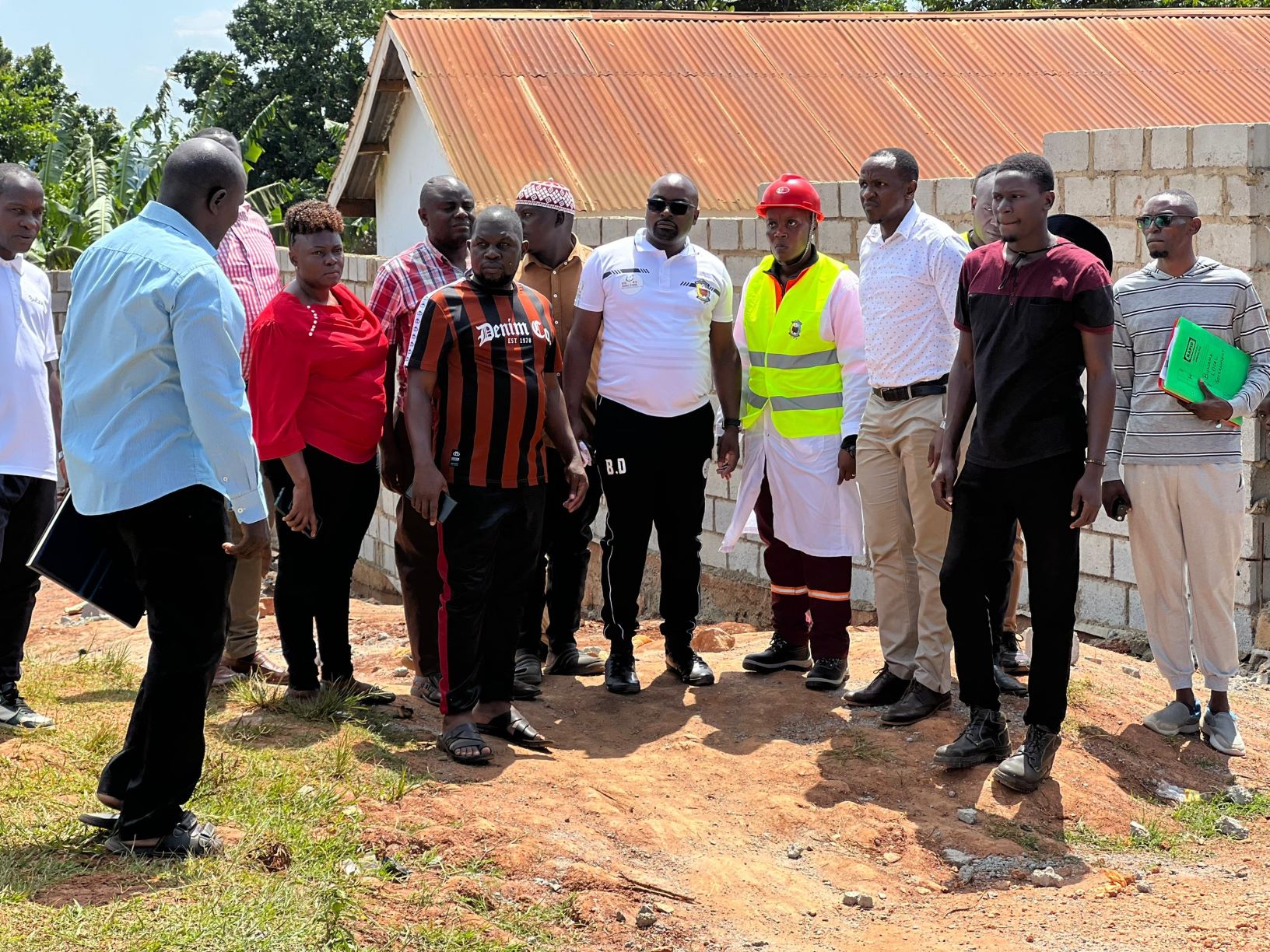Mushroom farming: A pathway to economic empowerment for Kampala's urban poor

Mushroom farming, an increasingly popular venture, is offering the urban poor a sustainable and profitable way to improve their economic situation with minimal capital investment.
Mushrooms are a versatile and nutritious food source, rich in protein, vitamins, and minerals.
They are low in calories and contain antioxidants, making them a healthy addition to any diet. Beyond their nutritional value, mushrooms have significant health benefits, including boosting the immune system, reducing cholesterol levels, and potentially fighting cancer.
Mushroom cultivation is uniquely suited to urban environments. Unlike traditional crops, mushrooms do not require large tracts of land or direct sunlight.
They can be grown in small spaces such as basements, garages, or even under beds, making them ideal for urban dwellers with limited space.
Starting a mushroom farm requires minimal capital. Basic materials include substrate (often agricultural waste like straw or coffee grounds), mushroom spawn (seeds), and simple containers or bags. Many of these materials are inexpensive or can be sourced for free.
Mushrooms grow quickly, with some varieties ready for harvest in as little as four weeks. This rapid turnaround allows for multiple harvests per year, providing a steady source of income.
There is a growing demand for mushrooms in Kampala, driven by their health benefits and culinary versatility.
Urban farmers can sell their produce at local markets, restaurants, and to neighbors, ensuring a ready market.
Mushroom farming utilizes agricultural waste, reducing environmental pollution and contributing to sustainable agricultural practices.
Prospective farmers should seek out training to learn the basics of mushroom cultivation. Local agricultural extension services, NGOs, and community groups often offer workshops and resources.
Farmers need to acquire mushroom spawn, substrate, and growing containers. Spawn can be purchased from agricultural suppliers or fellow mushroom farmers.
Substrate can be sourced locally from agricultural waste products.
Mushrooms need a controlled environment with proper temperature, humidity, and ventilation.
Urban farmers can use a variety of spaces, from unused rooms to specially constructed grow houses made from affordable materials.
Mushroom farming can significantly improve the livelihoods of Kampala's urban poor.
By investing a small amount of capital, individuals and families can create a sustainable source of income.
This additional income can help cover basic needs such as food, education, and healthcare, breaking the cycle of poverty.
Additionally, mushroom farming can empower women and youth, who often have limited access to economic opportunities.
By engaging in mushroom cultivation, these groups can gain financial independence and contribute to their communities' economic growth.
Several urban farmers in Kampala have already experienced the transformative power of mushroom farming.
Mushroom farming represents a promising opportunity for the urban poor in Kampala.
With its low start-up costs, quick returns, and high market demand, it offers a sustainable pathway to economic empowerment.
By embracing this innovative form of agriculture, Kampala's urban poor can cultivate not only mushrooms but also a brighter future for themselves and their families.
AI generated














